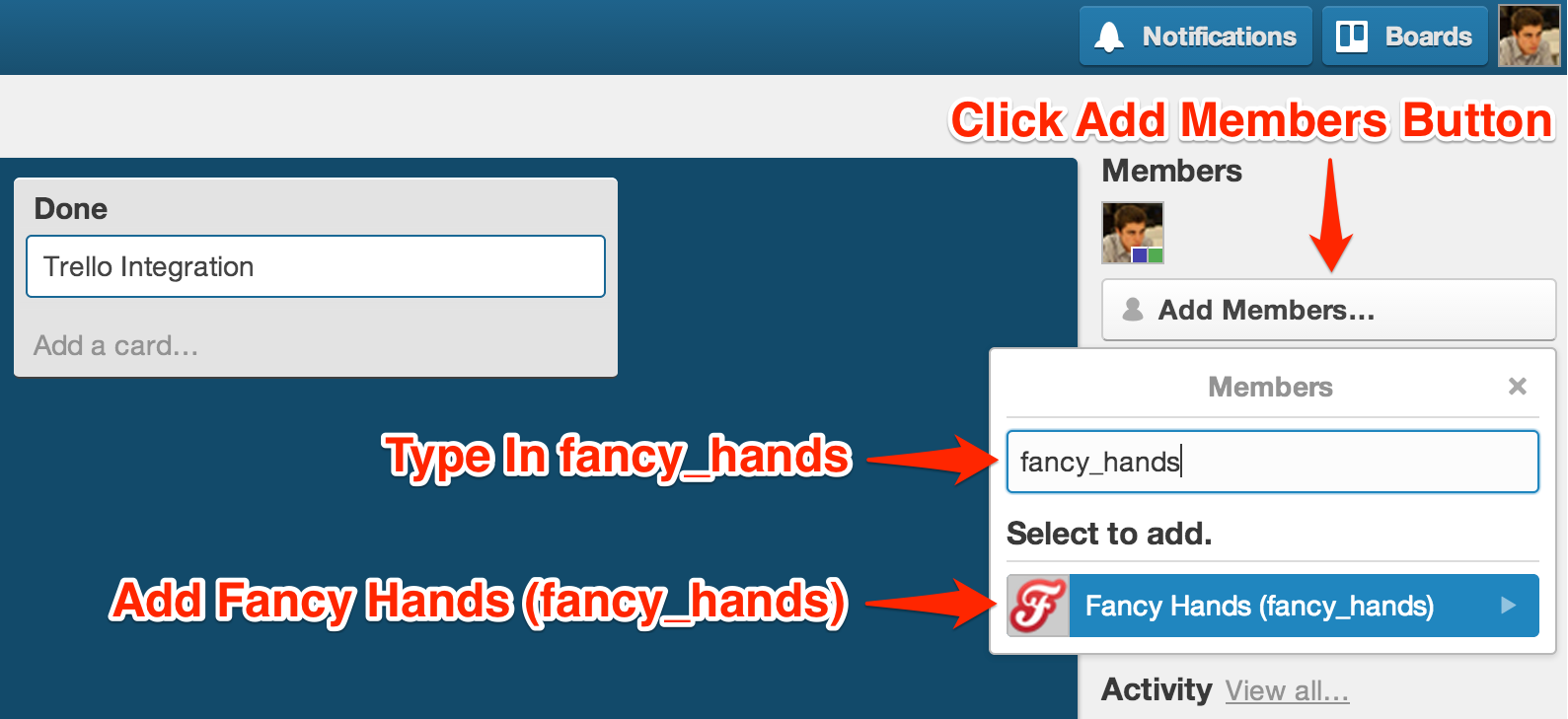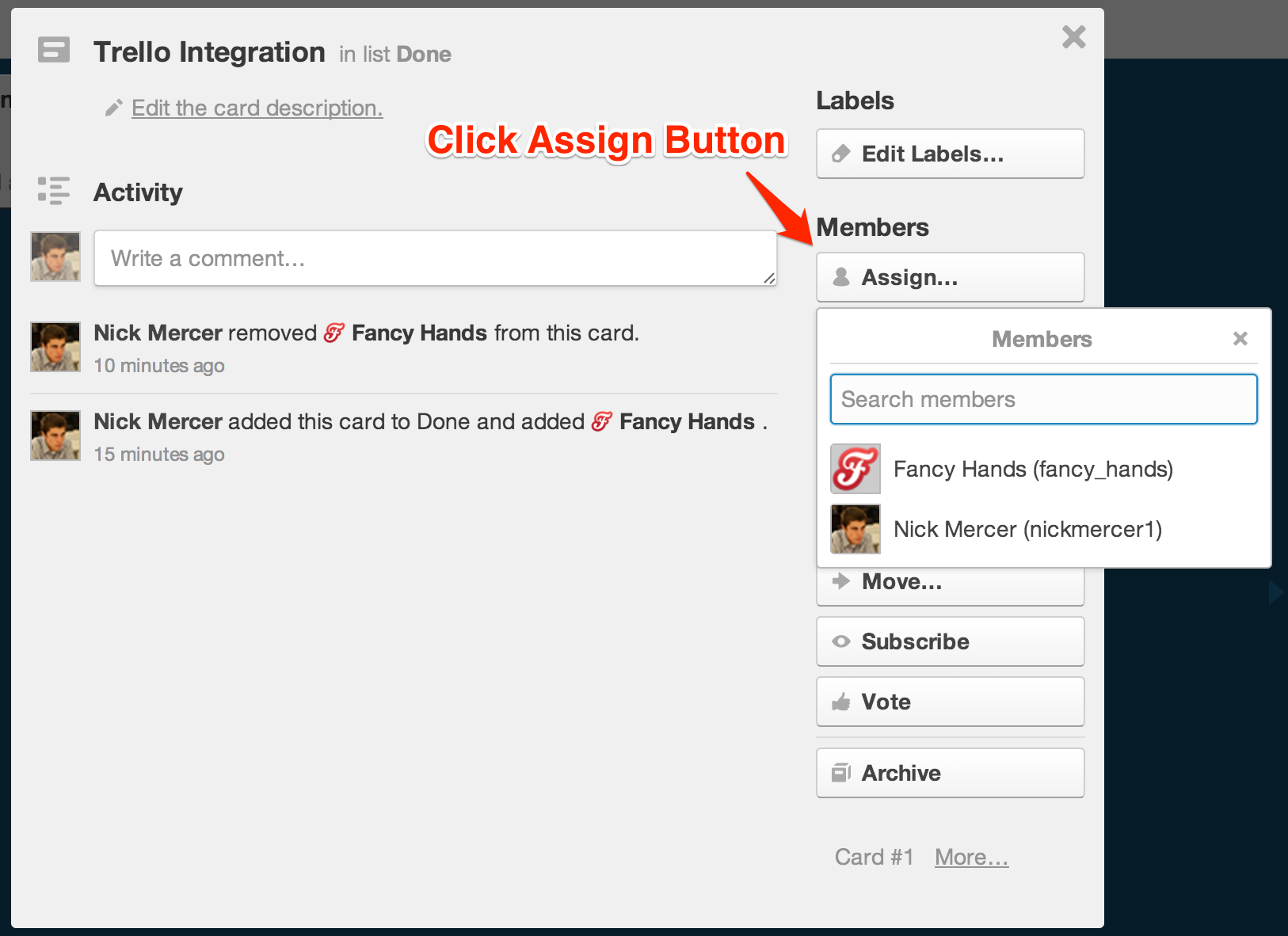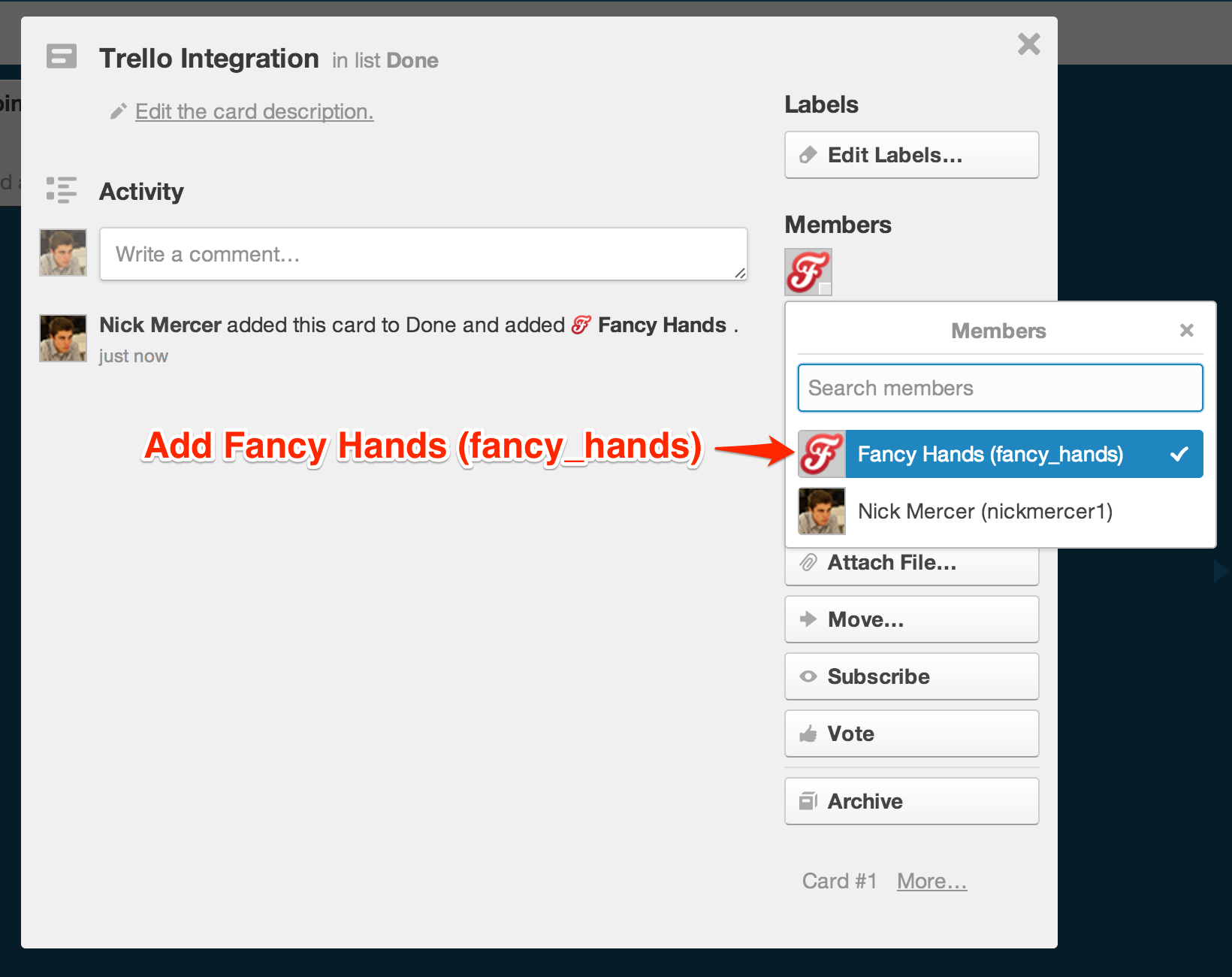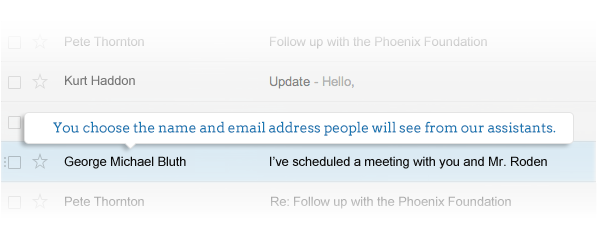Great insights by Kareem Abdul-Jabbar, originally published in Esquire:
When I was thirty, I was living my dream. I’d already accomplished most of what I’d set out to achieve professionally: leading scorer in the NBA, leading rebounder, leading blocker, Most Valuable Player, All-Star. But success can be as blinding as Bill Walton’s finger in the eye when battling for a rebound. I made mistakes. Plenty of them. In fact, sometimes I wish I could climb into a time machine and go back to shake some sense into that thirty-year-old me. If I could, here’s the advice I would give him:
1. Be more outgoing.
My shyness and introversion from those days still haunt me. Fans felt offended, reporters insulted. That was never my intention. When you’re on the public stage every day of your life, people think that you crave attention. For me, it was the opposite. I loved to play basketball, and was tremendously gratified that so many fans appreciated my game. But when I was off the court, I felt uncomfortable with attention. I rarely partied or attended celebrity bashes. On the flights to games, I read history books. Basically, I was a secret nerd who just happened to also be good at basketball. Interacting with a lot of people was like taking someone deathly afraid of heights and dangling him over the balcony at the top of the Empire State Building. If I could, I’d tell that nerdy Kareem to suck it up, put down that book you’re using as a shield, and, in the immortal words of Capt. Jean-Luc Picard (to prove my nerd cred), “Engage!”
2. Ask about family history.
I wish I’d sat my parents down and asked them a lot more questions about our family history. I always thought there would be time and I kept putting it off because, at thirty, I was too involved in my own life to care that much about the past. I was so focused on making my parents proud of me that I didn’t ask them some of the basic questions, like how they met, what their first date was like, and so forth. I wish that I had.
3. Become financially literate.
“Dude, where’s my money?” is the rallying cry of many ex-athletes who wonder what happened to all the big bucks they earned. Some suffer from unwise investments or crazy spending, and others from not paying close attention. I was part of the didn’t-pay-attention group. I chose my financial manager, who I later discovered had no financial training, because a number of other athletes I knew were using him. That’s typical athlete mentality in that we’re used to trusting each other as a team, so we extend that trust to those associated with teammates. Consequently, I neglected to investigate his background or what qualified him to be a financial manager. He placed us in some real estate investments that went belly up and I came close to losing some serious coin. Hey, Kareem at 30: learn about finances and stay on top of where your money is at all times. As the saying goes, “Trust, but verify.”
4. Play the piano.
I took lessons as a kid but, like a lot of kids, didn’t stick with them. Maybe I felt too much pressure. After all, my father had gone to the Julliard School of Music and regularly jammed with some great jazz musicians. Looking back, I think playing piano would have given me a closer connection with my dad as well as given me another artistic outlet to better express myself. In 2002, I finally started to play and got pretty good at it. Not good enough that at parties people would chant for me to play “Piano Man,” but good enough that I could read music and feel closer to my dad.
5. Learn French.
My grandparents were from Trinidad where, though it was an English-speaking country, the school system was started by the French. Whenever my grandparents wanted to say something they didn’t want me to know, they’d speak French. The language seemed so sophisticated and mysterious. Plus, you earn extra James Bond points when you can order in French in a French restaurant.
6. Get handy.
I always wanted to be one of those guys who, whenever something doesn’t work, straps on a tool belt and says, “I’ll fix it.” I like the Walden-esque idea of complete self-reliance. Build my own house, clean out the carburetors, find out what carburetors are. Recently my washing machine broke and flooded my entire downstairs. I was forced to stand idly by waiting for a plumber to arrive while water rose around my ankles because I didn’t know how to shut off the water. That’s the kind of experience that makes you have your testosterone levels checked.
7. Be patient.
Impatience is the official language of youth. When you’re young, you want to rush to the next thing before you even know where you are. I always think of the joke in Colors that the wiser and older cop (Robert Duvall) tells his impatient rookie partner (Sean Penn). I’m paraphrasing, but it goes something like: “There's two bulls standing on top of a mountain. The younger one says to the older one: ‘Hey pop, let's say we run down there and screw one of them cows.’ The older one says: ‘No son. Let’s walk down and screw 'em all.’” Now, to counter the profane with the profound, one of my favorite quotes is from the philosopher Arthur Schopenhauer: “Talent hits the target no one else can hit; genius hits the target no one else can see.” I think the key to seeing the target no one else can see is in being patient, waiting for it to appear so you can do the right thing, not just the expedient thing. Learning to wait is one of my greatest accomplishments as I’ve gotten older.
8. Listen more than talk.
And that’s all I’m going to say about that.
9. Career is never as important as family.
The better you are at your job, the more you’re rewarded, financially and spiritually, by doing it. You know how to solve problems for which you receive praise and money. Home life is more chaotic. Solving problems is less prescriptive and no one’s applauding or throwing money if you do it right. That’s why so many young professionals spend more time at work with the excuse, “I’m sacrificing for my family.” Bullshit. Learn to embrace the chaos of family life and enjoy the small victories. This hit me one night after we’d won an especially emotional game against the Celtics. I’d left the stadium listening to thousands of strangers chanting “Kareem! Kareem!” I felt flush with the sense of accomplishment, for me, for the Lakers, and for the fans. But when I stepped into my home and my son said, “Daddy!” the victory, the chanting, the league standings, all faded into a distant memory.
10. Being right is not always the right thing to be.
Kareem, my man, learn to step away. You think being honest immunizes you from the consequences of what you say. Remember Paul Simon’s lyrics, “There’s no tenderness beneath your honesty.” So maybe it’s not that important to win an argument, even if you “know” you’re right. Sometimes it’s more important to try a little tenderness.
11. Cook more.
After I got divorced I missed home cooked meals and the only person I had to rely on was the guy in the mirror. Plus, I found it impressed women if you could cook a good meal. Once, very shortly after I started cooking for myself, I had a first date with a woman I really wanted to make a good impression on. Of course, I could have done the usual celebrity thing: fancy restaurant, signing autographs, wait-staff fawning. But I wanted this to be special, so I decided to cook for her, everything from soup to dessert. Some women get a little freaked seeing a 7’2” black man with a carving knife and butcher’s apron, but she appreciated the effort. Which was good because the soup was a little salty, the steak a little overcooked, and the flan a little watery…
12. When choosing someone to date, compassion is better than passion.
I’m not saying she shouldn’t be passionate. That’s a given. But look for signs that she shows genuine compassion toward others. That will keep you interested in her a lot longer.
13. Do one thing every day that helps someone else.
This isn’t about charity, this is about helping one individual you know by name. Maybe it means calling your parents, helping a buddy move, or lending a favorite jazz album to Chocolate Fingers McGee.
14. Do more for the community.
This is about charity, extended to people close by whose names you don’t know. You can always do more.
15. Do one thing every day that you look forward to doing.
It’s easy to get caught up in the enormous responsibilities of daily life. The To Do List can swallow your day. So, I’d insist to my younger self to make sure he has one thing on that list that he looks forward to doing.
16. Don’t be so quick to judge.
It’s human nature to instantly judge others. It goes back to our ancient life-or-death need to decide whether to fight or flee. But in their haste to size others up, people are often wrong—especially a thirty-year-old sports star with hordes of folks coming at him every day. We miss out on knowing some exceptional people by doing that, as I’m sure I did. I think the biggest irony of this advice is that it’s coming from someone who’s black, stratospherically tall, and an athlete: the trifecta of being pre-judged. And I have a lifetime of hurtful comments to prove it. Yet, that didn’t stop me from doing the same thing to others. You have to weigh the glee of satisfaction you get from arrogantly rejecting people with the inevitable sadness of regret you’ll eventually feel for having been such a dick. A friend of mine told me he routinely attends all of his high school reunions so he can apologize to every person he mistreated back then. He’s now on his fortieth reunion and still apologizing.
17. When breaking up with a woman, you can’t always remain friends.
I have managed to stay friends with many of the women I have dated because I truly liked and respected them. But sometimes emotions run too deep and efforts to remain friends, while that might help you feel better, actually might make the other person feel worse. Take the hit and let it go.
18. Watch more TV.
Yeah, you heard right, Little Kareem. It’s great that you always have your nose in history books. That’s made you more knowledgeable about your past and it has put the present in context. But pop culture is history in the making and watching some of the popular shows of each era reveals a lot about the average person, while history books often dwell on the powerful people.
19. Do more yoga.
Yes, K, I know you do yoga already. That’s why you’ve been able to play so long without major injuries. But doing more isn’t just for the physical benefits, it’s for the mental benefits that will come in handy in the years ahead, when your house burns down, your jazz collection perishes, and you lose to the Pistons in a four-game sweep in your final season.
20. Everything doesn’t have to be fixed.
Relax, K-Man. Some stuff can be fixed, some stuff can’t be. Deciding which is which is part of maturing.






